The Krumlov Festival has unveiled the program for its 35th edition. It will open with a concert performance of One Thousand and One Nights.
27 / 11 / 2025
25 / 02 / 2025
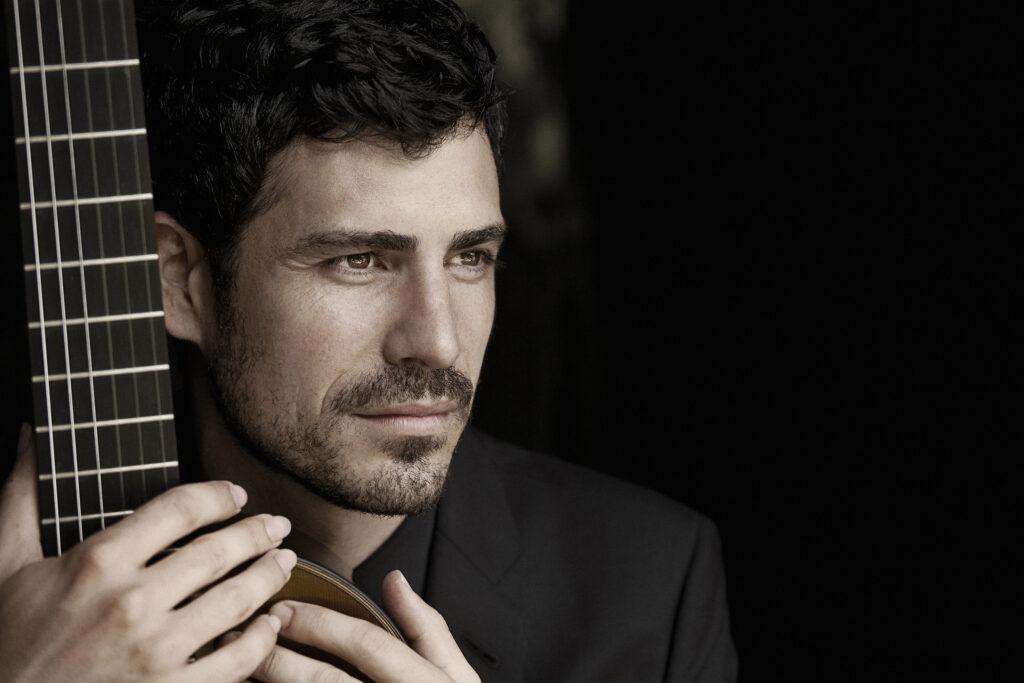
A profound connection with Spanish music – that’s Pablo Sáinz-Villegas (*1977), a native of La Rioja in northern Spain, who began playing classical guitar at the age of six and gave his first public performance at seven. He studied at the local conservatory, then continued at the Royal Superior Conservatory of Music in Madrid, the Hochschule für Musik in Germany, and earned a postgraduate degree from the Manhattan School of Music in New York.
“Before you master an instrument, it’s a long journey. Along the way, it’s easy to forget that music is about people, joy, and love. Returning to that essential meaning is important – it’s important to enjoy every note.”
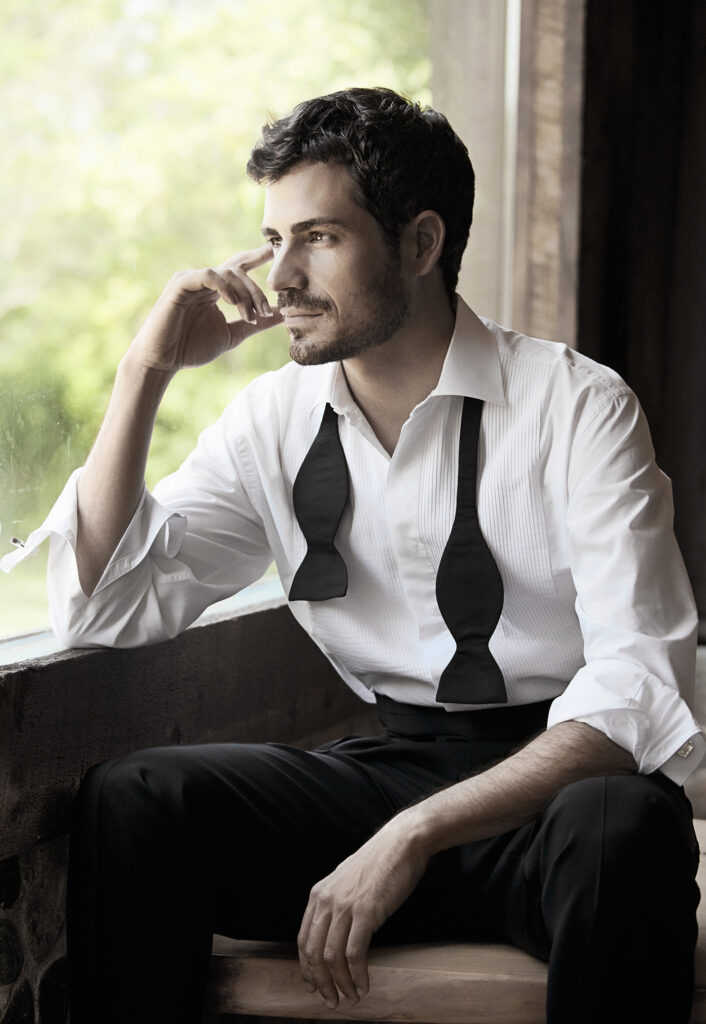
Today’s classical guitar – if we include its predecessors like the baroque guitar – has existed since the 17th century. It evolved in the 16th century from the Italian viola da mano and the Spanish vihuela, from which emerged the Renaissance guitar, primarily used in Spain. The first written reference to the guitar appears in 1546 in a work by Spanish composer Alonso Mudarra, where he uses the term “guitarra” in reference to the vihuela.
“The guitar is one of the few instruments deeply tied to Spain and its culture. As a Spaniard, I carry a beautiful responsibility when I play—one rooted in tradition and the very soul of Spain.”
Pablo Sáinz-Villegas’s career began at age 15 when he won the Segovia Award. The music world soon regarded him as the successor to Andrés Segovia. The virtuoso guitarist and ambassador of Spanish culture went on to win numerous international competitions, including one named after Francisco Tárrega – a key figure in modern guitar history. Pablo has performed in over 40 countries and has collaborated several times with legendary opera singer Plácido Domingo. They once performed at Santiago Bernabéu Stadium in Madrid for an audience of more than 85,000 people.
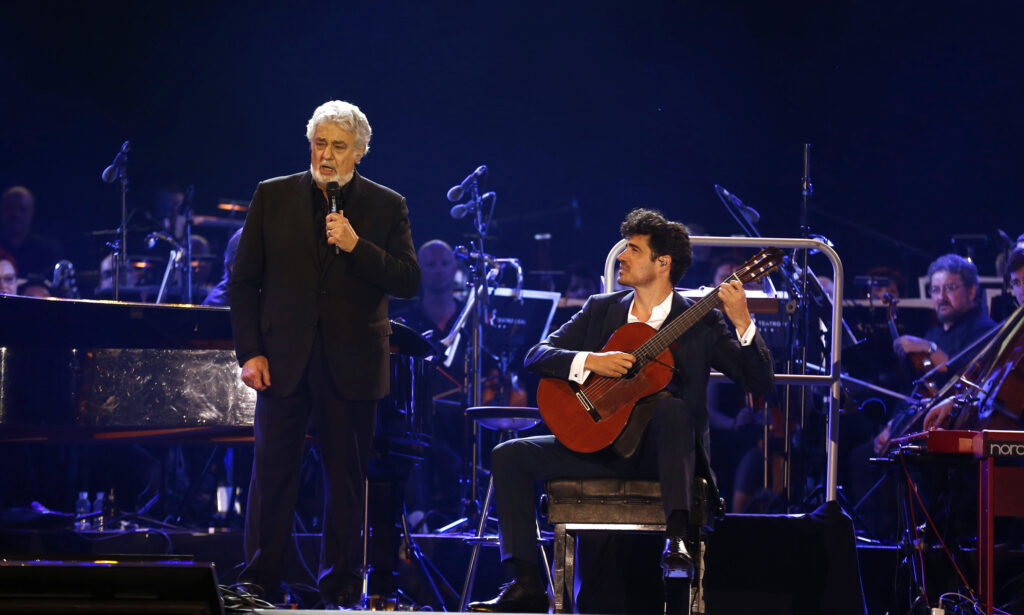
“Plácido Domingo called me a month before the concert and said, ‘Pablo, I think this would be a beautiful opportunity to collaborate. I’ve been thinking we could do something together.’ And so, I played with Plácido for the first time – and for the first time in a stadium in front of 85,000 people! I couldn’t believe it. Was it real?”
The musician plays an iconic classical guitar made from cedar wood, specially crafted for him in Germany in 2007. It produces a gentler, rounder sound and travels with Pablo wherever he goes. He considers it an extension of his body, arms, and emotions.
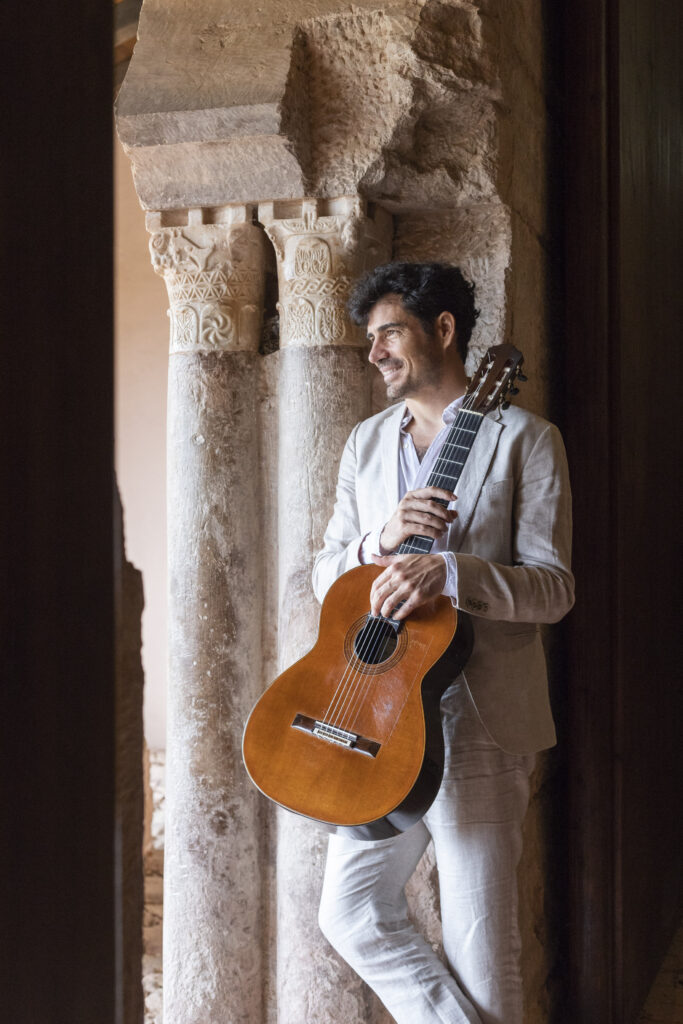
“The guitar is the instrument of the people, and today – even though it’s still closely associated with Spain – it’s an instrument that belongs to the world. In the end, we are all united by the soul of six strings.”
In this spirit, Sáinz-Villegas founded the nonprofit project The Legacy of Music Without Borders. Through various initiatives, he shares music – his own and that of young musicians – with more than 45,000 children across Spain, Mexico, and the United States. Pablo also deeply enjoys performing with orchestras; he finds joy in communicating with conductors and musicians. And if it all happens outdoors, the Spanish guitarist is even happier.
“The guitar has a powerful yet delicate voice, and the orchestra brings full colour and sound. I especially love outdoor concerts with them. It’s something that goes beyond music itself.”
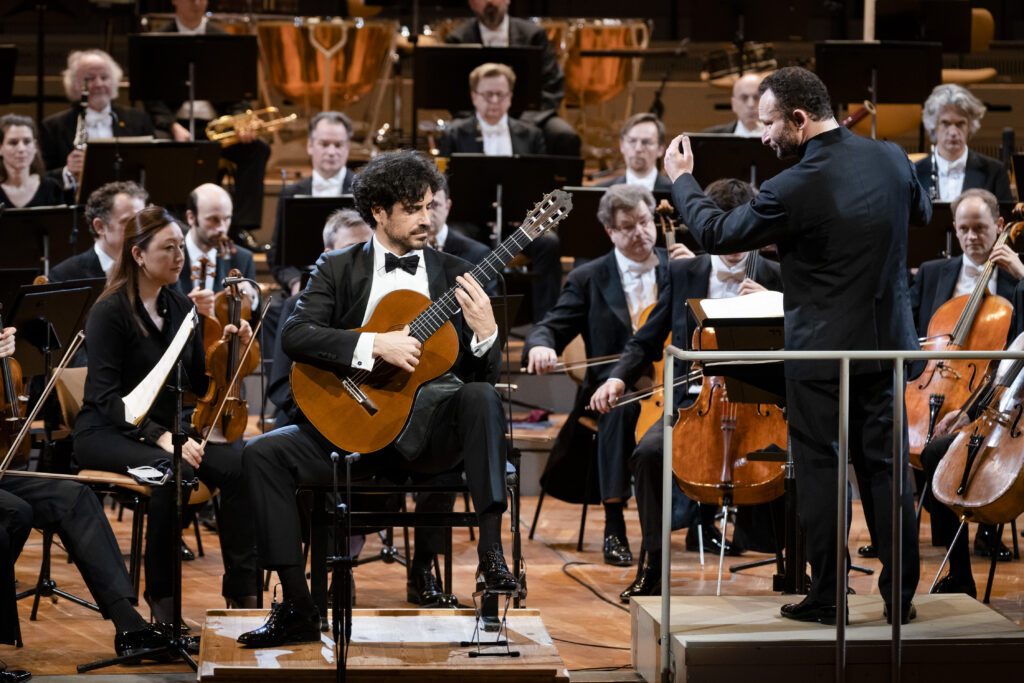
Highlights of Pablo Sáinz-Villegas’s international tours with orchestras include performances with the Berlin Philharmonic, the Los Angeles Philharmonic, the Spanish National Orchestra, the Royal Concertgebouw Orchestra of the Netherlands, and the New Zealand Symphony Orchestra.
“I do what I do because I believe in and experience a better world through music. Music is the perfect medium to tell stories, transmit values, erase borders, celebrate diversity, and bring people closer by sharing our emotions.”
Fun Facts About Pablo Sáinz-Villegas
The virtuosic guitar master and conductor Pablo Sáinz-Villegas will present a Spanish guitar repertoire infused with southern temperament and joined by flamenco dancer Virginia Delgado. He will be accompanied by the Prague Radio Symphony Orchestra. The program will include:
“I love playing Aranjuez—it’s the piece I’ve performed the most. I never get tired of it. It’s so well written, with so many layers that I explore every time I play it. It’s a constant process of discovery for me.”
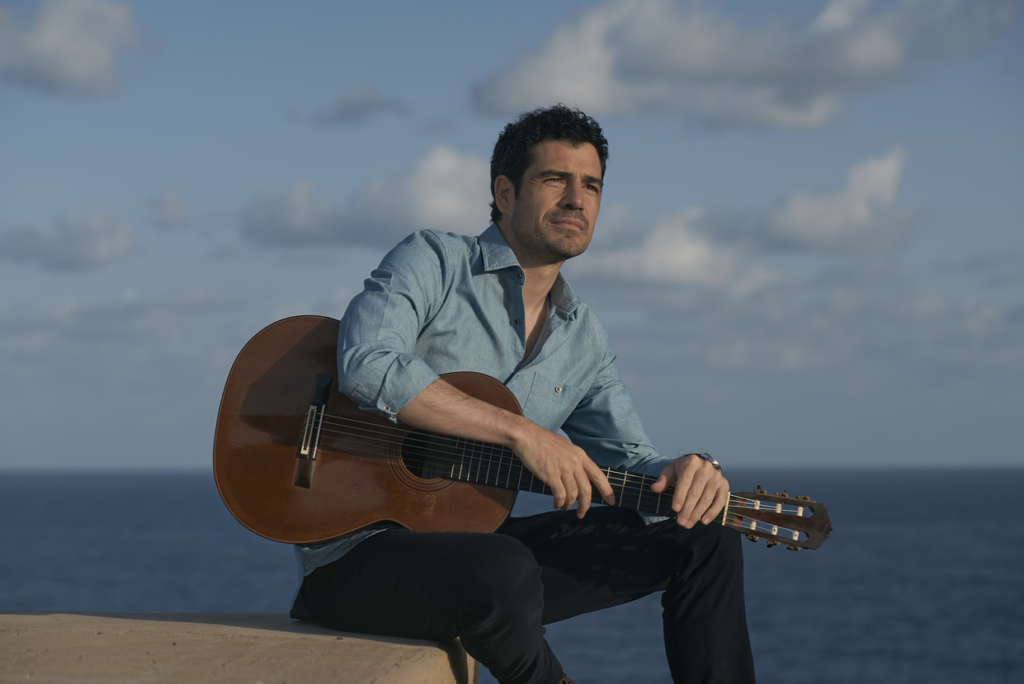
– Contact: Štěpánka Filipová, filipova@festivalkrumlov.cz, 724 302 802, www.festivalkrumlov.cz